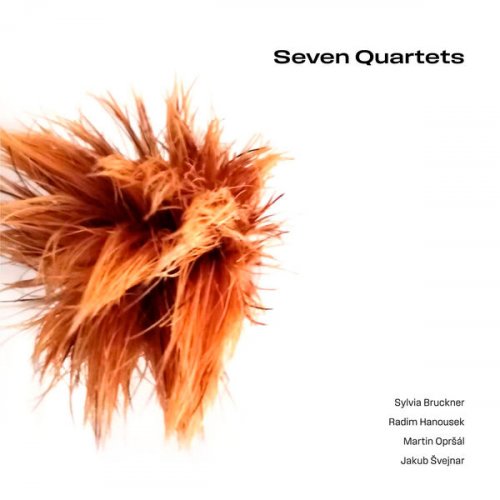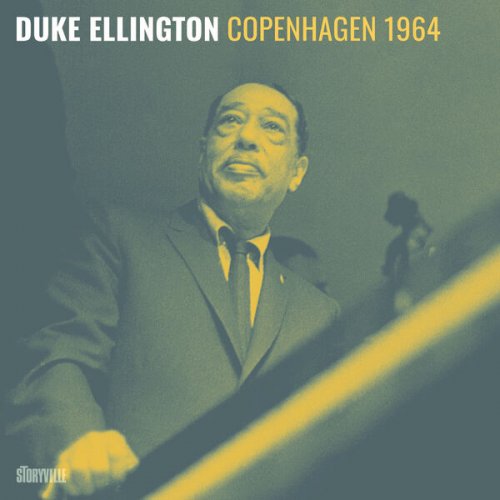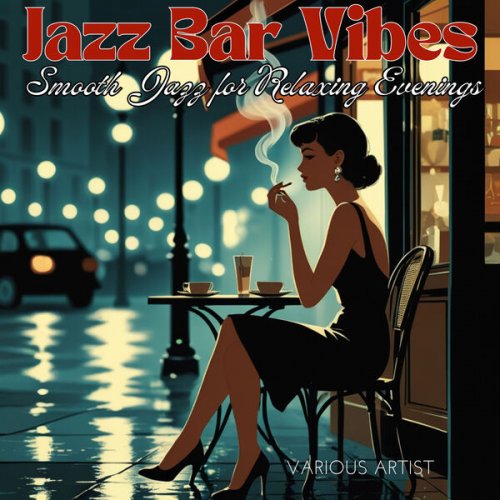Skylark Vocal Ensemble, Matthew Guard - Clear Voices In The Dark (2024) [Hi-Res]
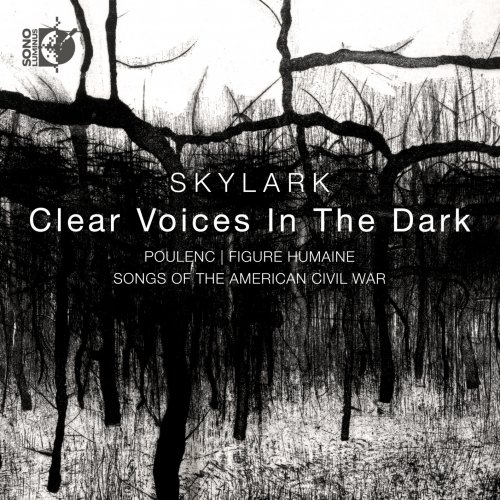
Artist: Skylark Vocal Ensemble, Matthew Guard
Title: Clear Voices In The Dark
Year Of Release: 2024
Label: Sono Luminus
Genre: Classical
Quality: flac lossless (tracks) / flac 24bits - 96.0kHz +Booklet
Total Time: 00:43:23
Total Size: 225 / 783 mb
WebSite: Album Preview
TracklistTitle: Clear Voices In The Dark
Year Of Release: 2024
Label: Sono Luminus
Genre: Classical
Quality: flac lossless (tracks) / flac 24bits - 96.0kHz +Booklet
Total Time: 00:43:23
Total Size: 225 / 783 mb
WebSite: Album Preview
01. When This Cruel War Is Over (Arr. for Voice & Choir by Matthew Guard)
02. Figure humaine, FP 120: No. 1, De tous les printemps du monde
03. Johnny Has Gone for a Soldier
04. Figure humaine, FP 120: No. 2, En chantant les servantes s'élancent
05. Break It Gently to My Mother (Arr. for Voice & Choir by Matthew Guard)
06. Figure humaine, FP 120: No. 3, Aussi bas que le silence
07. Johnny, I Hardly Knew Ye (Arr. for Choir by Alice Parker)
08. Figure humaine, FP 120: No. 4, Toi ma patiente
09. Soldier's Memorial Day (Arr. for Choir by Matthew Guard)
10. Figure humaine, FP 120: No. 5, Riant du ciel et des planètes
11. Workin' for the Dawn of Peace (Arr. for Choir by Ron Jeffers)
12. Figure humaine, FP 120: No. 6, Le jour m'étonne et la nuit me fait peur
13. Abide with Me (Arr. for Voice & Choir by Matthew Guard)
14. Figure humaine, FP 120: No. 7, La menace sous le ciel rouge
15. The Battle Hymn of the Republic (Arr. for Choir by Matthew Guard)
16. Figure humaine, FP 120: No. 8, Liberté
I believe that great art is often the product of great difficulty and tribulation, in many cases for the artist themselves. I also think art borne out of a time of societal turmoil can be even more profound, and can shed light today on what it was like to live and endure through tragedies of the past.
Figure Humaine is one of the ultimate artistic achievements from a time of turmoil. Composed by Francis Poulenc in 1943 in occupied France, it was composed in secret, inspired by the resistance poems of the surrealist poet Paul Éluard (poems that were distributed under plain cover during the occupation). It is one of the most profound pieces in the a cappella choral repertoire, if also one of the most difficult. Scored for double choir in six parts each, it is a vocal gauntlet which requires unmatched concentration and musicianship from every singer involved to mount a successful performance. Given that the piece was written at a time when victory was by no means assured, I believe that the difficulty of the work was intentional; to be worthy of the expressive task of communicating Éluard’s wartime thoughts, I think Poulenc believed that a choir must possess outstanding commitment, dedication, and skill.
Because of its challenges, Figure Humaine is rarely performed. Soon after founding Skylark, I began to feel that this was a piece we simply had to share. But at only 20 minutes in length, I struggled to find the appropriate way to present it to allow people to truly engage with the work. While on a walk in 2014, I realized that we were approaching the 150th anniversary of the end of the Civil War, as well as the 70th anniversary of the end of World War II, occasions that presented a unique opportunity to share music of both time periods.
I set out on a journey to find the appropriate Civil War-era songs to pair with the Poulenc movements. Figure Humaine sets forth an intense emotional progression, cycling between despair and optimism against a backdrop of gathering madness. It was critical to find pieces that would make sense musically and textually in the context of Poulenc’s work.
It was a fascinating journey. Through exploring my own musical heritage, I soon discovered that Alice Parker arranged Johnny I Hardly Knew Ye for the Robert Shaw Chorale in the late 1960s. Consultation with other Skylarks revealed several brilliant arrangements from Ron Jeffers, and a search through the Duke University Historical Sheet Music Archives uncovered several pieces that I never knew existed. The discovery that Abide with me (one of my favorite hymns) was written during 1861 was particularly poignant. Where no appropriate arrangement existed, I filled in myself with very simple editions. In all cases, the goal was to create as simple and honest an expression of the songs as possible. Against the foil of Poulenc’s monumental achievement of the choral art, we aim to juxtapose the simple, the familiar, the universal.
Through sharing this program, we hope to take you on an emotional and historical journey, a journey that we hope will illuminate the struggles of people who endured these two great wars, a journey that can shed light on nightmares of the past through the art that emerged from them, and most importantly, a journey that will affirm the incredible power of the human spirit to endure in times of tragedy.
![Jon Henriksson, Pelle von Bülow, Rasmus Holm - Monkurt (2026) [Hi-Res] Jon Henriksson, Pelle von Bülow, Rasmus Holm - Monkurt (2026) [Hi-Res]](https://img.israbox.com/img/2026-02/15/ja2eavgnqk7dn4c3l9myzfk37.jpg)
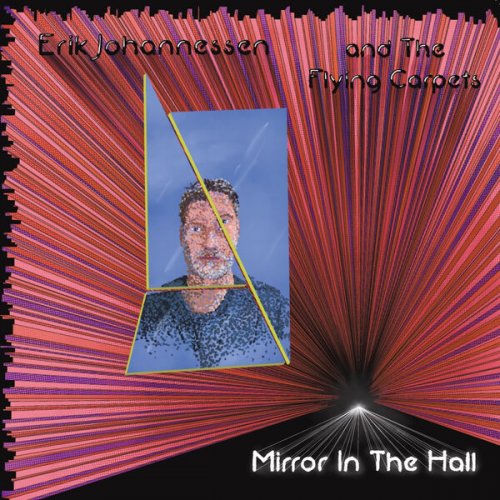
![Herbie Harper - Herbie Harper (Remastered 2014) (2026) [Hi-Res] Herbie Harper - Herbie Harper (Remastered 2014) (2026) [Hi-Res]](https://www.dibpic.com/uploads/posts/2026-02/1770856116_cover.jpg)
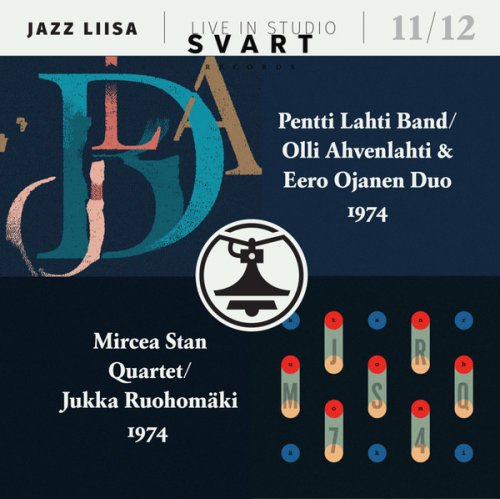
![Ramon Mirabet, Perico Sambeat, Jorge Rossy & Albert Sanz - Songs I Heard (All Star Jazz Project / feat. Masa Kamaguchi) (2026) [Hi-Res] Ramon Mirabet, Perico Sambeat, Jorge Rossy & Albert Sanz - Songs I Heard (All Star Jazz Project / feat. Masa Kamaguchi) (2026) [Hi-Res]](https://www.dibpic.com/uploads/posts/2026-02/1771139751_cover.jpg)
